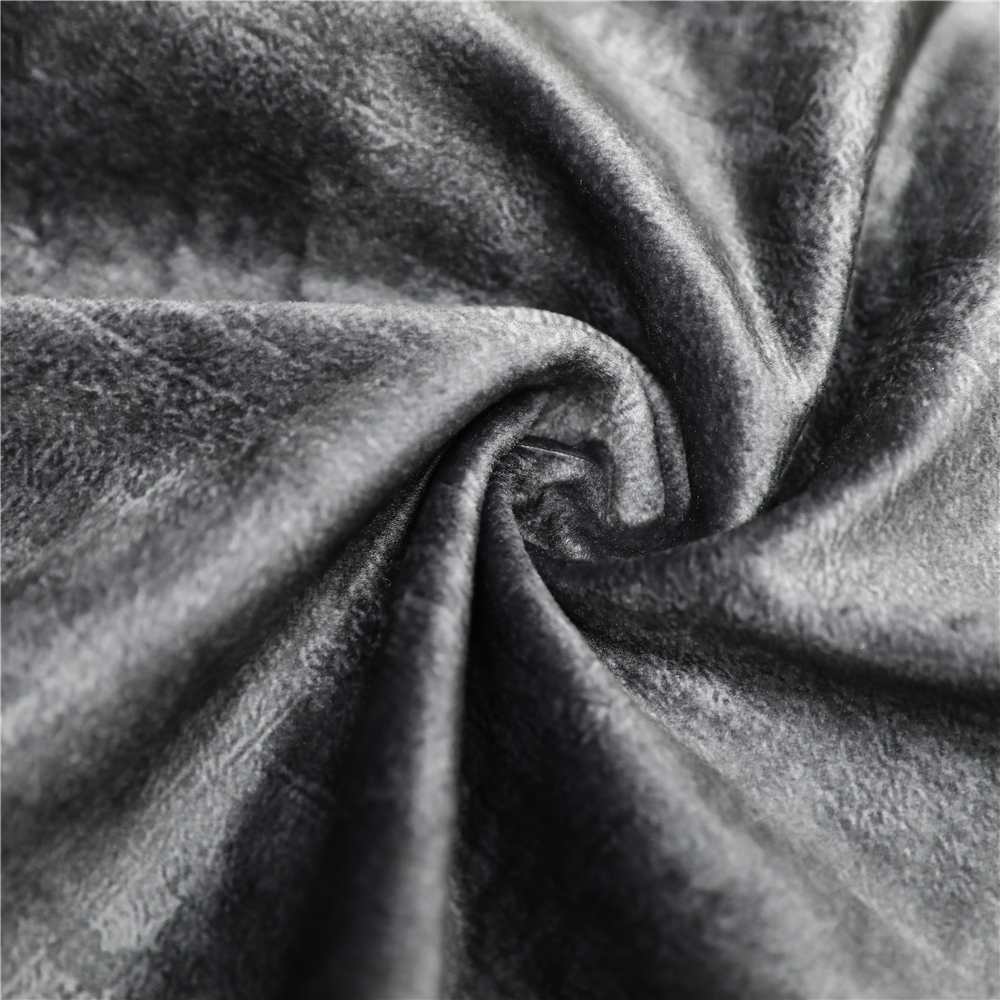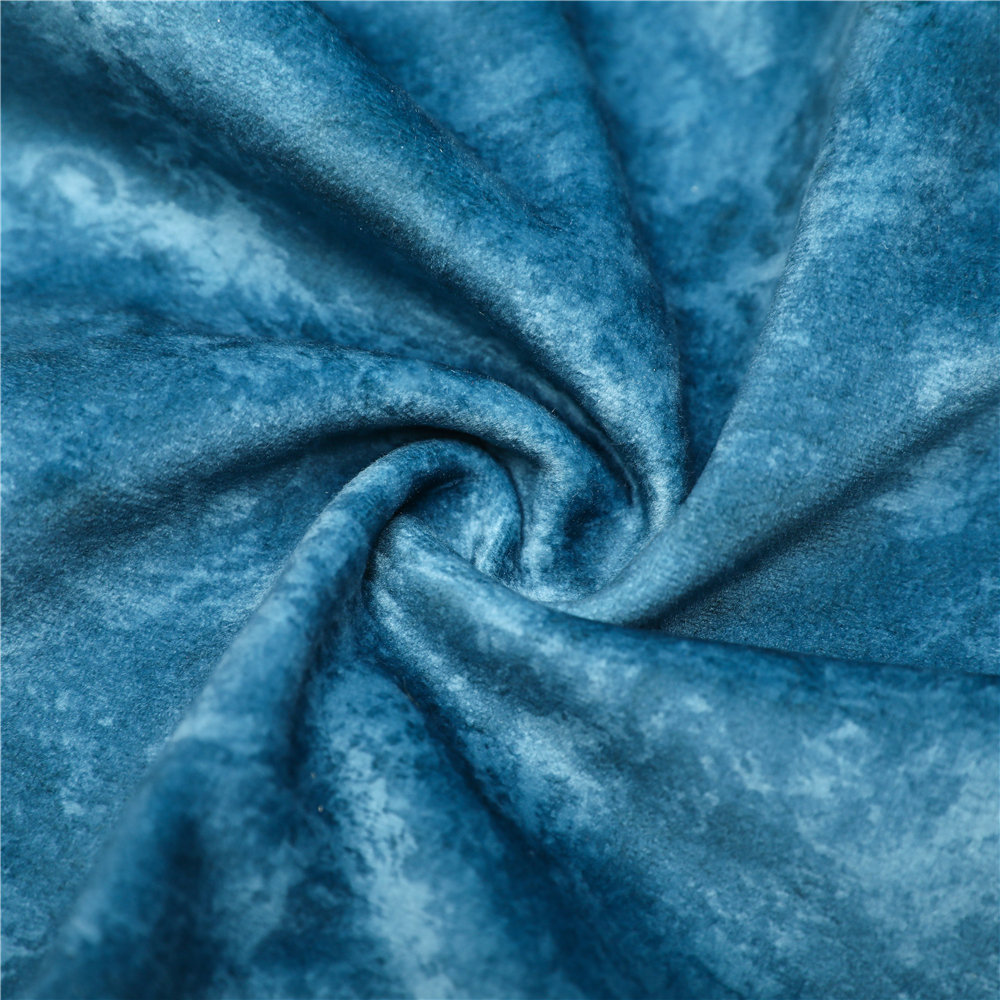
Polyester is a manmade fiber that is created from ethylene. It is available in a wide range of colors and weaves, allowing it to be used for different types of home furnishings. This material is also durable and abrasion resistant. It has a low moisture absorption rate and is resistant to mildew, so it can be used for indoor and outdoor furniture. It’s also a popular choice for upholstery because it’s colorfast and can withstand heavy use.
Another benefit of polyester is its ability to resist fading. The dyes used in polyester fabrics are colorfast, so they won’t fade even with exposure to the sun. It’s also a good choice for families with small children because it can resist staining. Unlike other fabrics, such as silk, polyester can be cleaned with a dry cloth without needing professional cleaning.
Although it can be expensive, polyester is cheaper than other synthetic furniture fabrics, such as olefin. It’s also more affordable than most natural fabrics, such as cotton and wool. Additionally, polyester has a tighter weave than most natural materials, so less allergens like pollen, pet fur, and dust can accumulate within its strands. This may reduce the likelihood of sneezing, breathing problems, and skin reactions among family members.
A downside of polyester is its tendency to produce static electricity when it’s rubbed or brushed against. However, this issue can be addressed by covering a polyester couch with a slipcover. These fitted covers are easy to remove and wash, reducing the amount of static electricity that is produced over time.
While it’s a durable, affordable, and easy-to-clean fabric, polyester does have a negative impact on the environment. It uses a large amount of petroleum to produce, and it can’t be recycled. Fortunately, manufacturers are working to make polyester more environmentally friendly.

 英语
英语 中文简体
中文简体

















